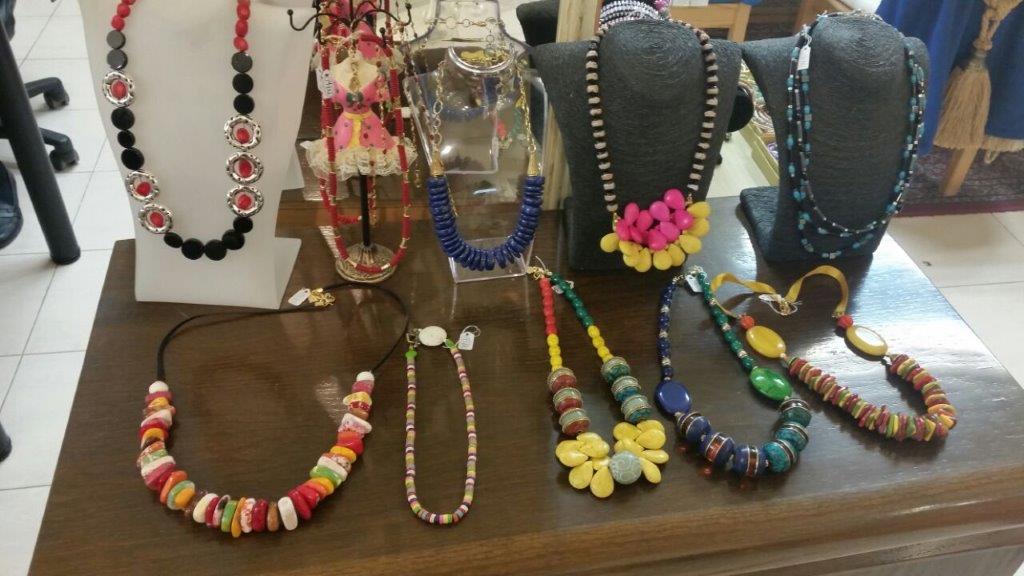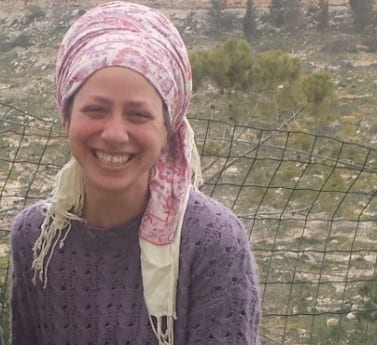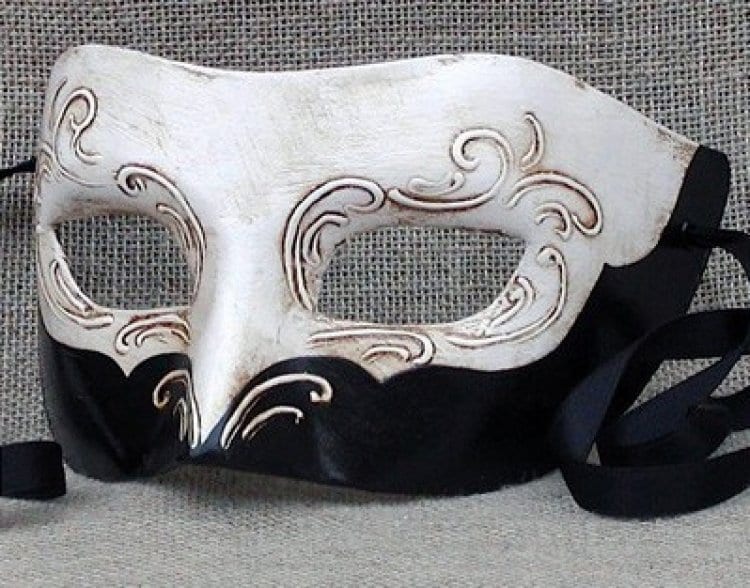“There’s three things you should know about me,” Rochel Lev tells me within five minutes of our meeting. “I’m not afraid, I’m not embarrassed of anything, and I’m very adaptable.” Three qualities you need, apparently, to settle in the wilderness of Israel for the sake of Torah. A born-and-bred Brooklyn girl and Bais Yaakov alumna, Rochel Lev grew up with no reason to think she would ever live in Eretz Yisrael, let alone become the wife of one of the most respected roshei yeshivah in the Negev.
When she decided to spend the year there in seminary after graduating from high school (they had a winter home there), she went with no inkling that she might not want to go home. Toward the end of the year, Rochel was invited to spend Shavuos with Rabbi Yissachar Meir, the rosh yeshivah of Yeshivat Hanegev in Netivot, and his family, with whom Rochel’s mother was related through marriage. While she was there, they suggested a shidduch for her: Dov Lev, a bachur in yeshivah from Yerushalayim. “I don’t know what got into them, an American girl with a Yerushalmi guy,” Rochel recalls with a laugh, “but they did it.”
After Bein Hazmanim, Rochel met the bachur and was impressed. The young Dov was also impressed, and after a few bumps (including a three-month stint for Rochel back in the States), the couple got engaged. They were married right after Lag Ba’omer 1968, after which they moved to the fledgling community of Netivot. Nothing, not even her spartan, “yekkishe upbringing,” could have prepared Rochel for what she found in her new hometown. “It was a midbar (desert),” she says. “Like a Wild West town.” There was only one paved street in the entire town, one grocery store, one fish store and one meat store.
There was also a shuk, which Rochel avoided at first, but when she saw the week-old produce at the grocery store, she learned quickly to go to the market, too. The townspeople were all olim chadashim from the mountains of Morocco and Tunisia, simple folk with no real education. At the bank, older people would sign their paperwork with a thumb print in lieu of a signature because they couldn’t read or write. “That was the whole atmosphere, very simple,” Rochel says. But she was ready to accept the conditions in support of her husband’s Torah learning. The couple moved into a sparse, two-bedroom apartment of 700 square feet and no heating, where the first three of their six children were born.
When they finally moved into a bigger place, Rochel’s mother teased her, “Some people have wall-to-wall carpeting; you have wall-to-wall beds.” Having three children under three in the cold, rainy Israeli winter was tough, Rochel admits, especially without a dryer. “I had three diapers left, and I had to make them last. I got to the point where the diapers where my husband’s undershirts.” Harder still was being away from family who could help. “I missed my family; that was the price. I was this American girl, I came to Israel…I had no support system.” Even her husband’s family in Yerushalayim wasn’t accessible because direct bus service wasn’t available yet. “I went to my neighbor across the hall, and I told her, ‘I have to give my baby a bath. I’m not afraid, but I don’t know how. Can you show me?’ She had to be my family.” The social isolation aside, Netivot’s location as an outpost of the Negev (“It wasn’t even an official town yet”) made getting around a challenge. For shopping in Bnei Brak or Yerushalayim, she had to take the bus to Tel Aviv, and from there, to Bnei Brak. The trip was three hours one way—if she was lucky. “I got so sick and tired of it I swore I would never go again,” Rochel says.
Thankfully, there are direct buses today, thanks to the Yeshivat Hanegev kehillah. “If it was up to Egged, we’d still be waiting to this day.” Netivot itself has also grown, and is now known as “The Bnei Brak of the Negev,” with a population of 30,000. So what kept Rochel going despite the struggle? One factor was her husband’s continued success in yeshivah (today, Rabbi Dov Lev is one of the roshei yeshivah of Yeshivat Hanegev, and is considered one of the kehillah’s biggest masmidim). Rochel had also fallen in love with her career as an English teacher, which she jumped into without formal training. “I presented myself to the Ministry of Education and said, ‘I’m a teacher.’
They had no teachers then, you know? They pounced on me like manna from heaven.” Later, when she took a few courses to fulfill professional requirements, she realized she was learning how to do what she’d been doing instinctively for years. “People asked me where I did my training,” she says. “I told them, “The Seminary of Intuition.’” After retiring from 30 years of schoolteaching, Rochel now tutors privately. “Baruch Hashem, I’ve been very matzliach. I like it and I’m good at it or I’m good at it and I like it; I don’t know which comes first.” But what truly made the sacrifices worth it was the impact of raising her children in Eretz Yisrael. “In Eretz Yisrael you are not aware at all of the goyishe culture. Even the chiloni culture hardly penetrates. My kids speak Hebrew, and they understand every single word that they’re learning and every single word that they’re davening. They know what they’re talking about. Hebrew when I was growing up was ‘Blah, blah, blah, blah.’ Supercalafagalisticexpialidocious. How can you follow something you can’t understand? In Eretz Yisrael, the kids learn Navi, and they learn a whole perek each time. There’s no translation involved. My kids say, ‘Wow, I’m so excited! I can’t wait to find out what happens!’ I think that’s tremendous. It makes a huge difference in your Yiddishkeit.” Building an oasis of Torah in the desert takes great sacrifice. But for Rochel Lev, who surveys with pride the rich rewards around her, the price she paid was a bargain.





